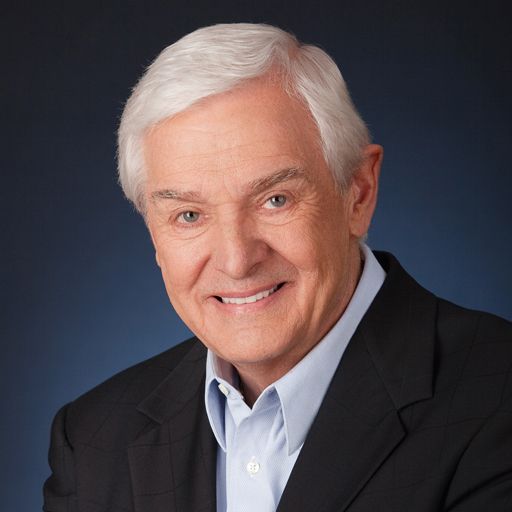King Solomon ruled the nation of Israel in peace for 39 years during the mid-tenth century B.C. At that time, the borders of Israel extended from the Euphrates River to the edge of Egypt. Solomon had more than 40,000 horses and 12,000 charioteers in his possession. Each day ten oxen, twenty head of cattle, and a hundred sheep were slaughtered just to feed his household and his servants. He amassed the greatest aggregation of gold and silver that had ever been accumulated in ancient times. He built great structures and wrote timeless works of literature.
No one was as rich, wise, and powerful as Solomon. But did his accomplishments and wealth satisfy him? In Ecclesiastes he wrote, “I hated life…. [it] was distressing to me, for all is vanity and grasping for the wind” (Ecclesiastes 2:17, NIV). The key theme of Ecclesiastes is the despair one feels when accumulating temporal success without finding eternal security. That is a warning for us all.
What about you and me? Are we living primarily for this world, or do we see beyond this life? Let’s take a quick Temporal versus Eternal test. As honestly as possible, answer these questions:
- Do I have the same excitement about my mansion in heaven as I have for fixing up my house on earth?
- What proportion of my time is spent keeping up with friends via social media compared to the time I hold them up in prayer?
- Am I more excited about spending ninety percent of my income on my own purposes or about the ten percent I’m able to give to the Lord?
- Am I as diligent in studying God’s Word as I am in reading the latest gossip through social media sites on the Internet?
- Do I fall asleep thinking about the problems of earth or the promises of heaven?
Temporal or Timeless?
How did you do? While taking care of temporal things is important, it should pale in comparison to the investments made in eternity.
It’s great to keep our bodies healthy and looking fit; but remember 1 Timothy 4:8: “Bodily exercise profits a little, but godliness is profitable for all things, having promise of the life that now is and of that which is to come.”
It’s great to invest funds for retirement. But remember 1 Timothy 6:17-19: “Command those who are rich in this present age not to…trust in uncertain riches but in the living God, who gives us richly all things to enjoy. Let them do good, that they be rich in good works … storing up for themselves a good foundation for the time to come, that they may lay hold on eternal life.”
It’s great to focus our energy on the goals and projects of every day, but don’t forget Colossians 3:1-3: “Seek those things which are above, where Christ is, sitting at the right hand of God. Set your mind on things above, not on things on the earth.”
As followers of the One seated in heavenly places, we have an obligation to help others look toward glory. We can never take our houses or trophies with us into eternity. Our most prized possessions will be boxed up and forgotten. Those trinkets we’ve collected may end up in a flea market. Our money may be dispersed to others. But our lives can point others to heaven. Our funds can help others hear the Gospel. Our words of witness can make a heaven-or-hell difference in the lives of those to whom the Lord leads us. Our church involvement can contribute to an eternal cause.
When we know we are heaven bound—our loved ones over there, our investments over there, our Savior over there, our affections over there—only then are we truly happy over here.
“If you read history,” observed C. S. Lewis, “you will find that the Christians who did most for the present world were precisely those who thought most of the next.”[1]
That’s what it means to see beyond this world. That’s what happens when we live with an eternal purpose in mind.
###
David Jeremiah is the founder and host of Turning Point for God, and serves as
Senior Pastor of Shadow Mountain Community Church in El Cajon, California.
For more information about Turning Point, go to www.DavidJeremiah.org.






